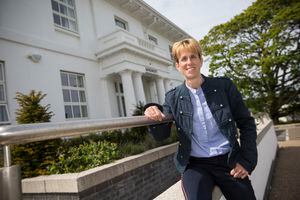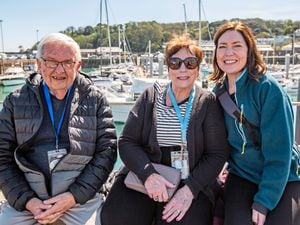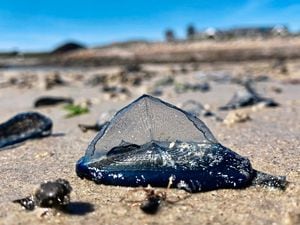Health to ask for money for anaesthetists, theatre staff
A BID will be made for more anaesthetists and emergency theatre staff so that more operations can take place.

It is one of the responses to a Royal College of Anaesthetics review commissioned by Health & Social Care which was submitted in September.
‘Recommendations from the college, that were accepted by the task and finish group and those which
have a financial impact, have been considered by the clinical reference group and now need to be included by HSC and Employment
& Social Security committees as part of budget setting for 2020,’ a HSC spokesman said.
‘These include requests for additional anaesthetists and emergency theatre staff. Appointing additional anaesthetists and emergency theatre staff should enable an increase in theatre capacity, increase in pain management sessions and support of urgent cases such as in intensive care and maternity.’
The full review has not been released, with the committee citing an exemption to publication under the access to information code, saying the report was compiled having agreed to confidentiality as part of the contract.
The committee also said it was to provide internal advice to the committee.
It was listed as part of an update of reports commissioned by States committees.
Another was a Royal
College of Paediatrics and Child Health review received in May 2018, which will not be released in full for the same reasons.
As part of its contract with the Medical Specialist Group, HSC must carry out various reviews of service areas every five years.
These can be carried out internally or by external reviewers.
In response to the paediatrics review, the team initially set up as a task and finish group has now been established as a permanent strategic group which works within the remit of the Children and Young People’s plan.
‘Key changes following the review included the introduction of specialist nurse roles and changes
that have been put in place within the neonatal unit to identify mothers at a risk of giving birth prior to 32 weeks so that they can be referred off-island for more advanced care,’ said the spokesman.





